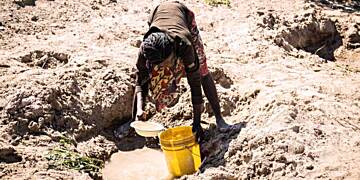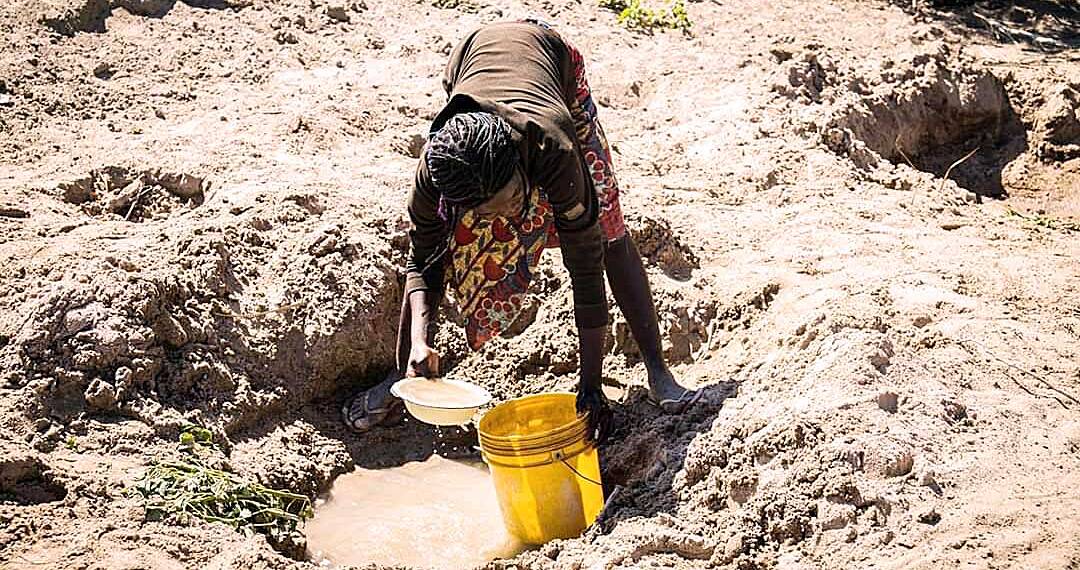President Hakainde Hichilema of Zambia has declared a national disaster, signaling urgent action to combat the widespread effects of the prolonged dry spell. This comes in response to the deepening drought crisis gripping the nation.
Addressing the nation on Thursday, President Hichilema revealed that a staggering 84 out of Zambia’s 116 districts have been severely impacted by the drought, raising concerns over food security and electricity shortages.
Zambia, reliant on adequate rainfall for its agricultural output and hydroelectric power generation, has been grappling with inadequate precipitation for an extended period.
The situation has reached critical levels, with water levels at the vital Kariba Dam plummeting to a mere 11.5% of usable storage by December of last year. This dire condition has significantly hampered the country’s ability to generate over 450 megawatts of hydroelectric power, exacerbating an already strained national power grid.
Moreover, nearly half of the arable land dedicated to crop cultivation has been adversely affected by the relentless dry spell, threatening the livelihoods of countless farmers.
President Hichilema acknowledged the severity of the situation, emphasizing the need for immediate action to avert a humanitarian crisis. He pledged to mobilize resources, including the deployment of Zambia’s defense forces, to provide relief aid and implement sustainable solutions to mitigate the impacts of the drought.
To address the looming food shortage, President Hichilema announced plans to import additional maize and other essential food items while urging local and international partners to offer support.
Notably, commitments have already been made by various entities, including the British government, the United Nations, and the World Bank Group, to assist Zambia in its time of need.
In a call to action, President Hichilema implored farmers to adopt irrigation techniques to mitigate the effects of the dry spell, recognizing that approximately one million farmers have been adversely affected by the drought.
He emphasized the importance of collaboration among stakeholders, including opposition leaders and religious organizations, to tackle the multifaceted challenges posed by the crisis.
The severity of the drought has been vividly documented on social media, with harrowing images and videos depicting desolate fields and withered crops circulating widely.




















